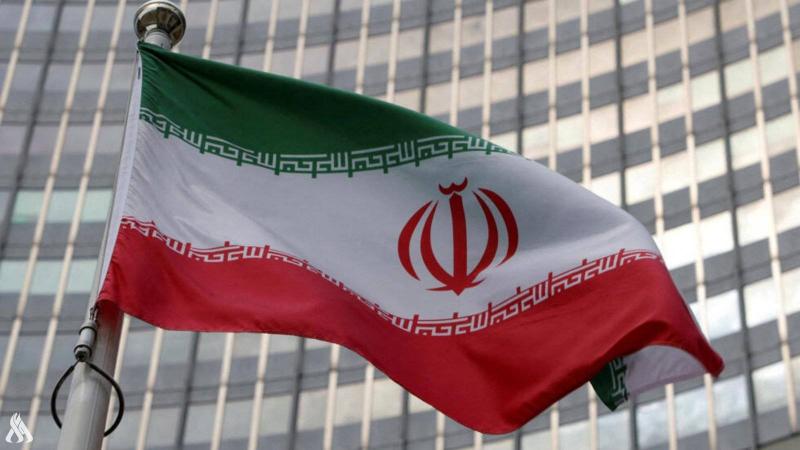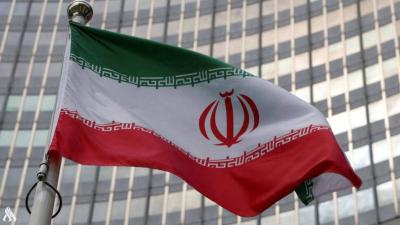As the Iranian response to the assassination of Hamas political bureau chief Ismail Haniyeh in Tehran late last month remains pending, Iran has reiterated that it is coming, albeit delayed. The Iranian mission to the United Nations confirmed that "any response must punish Israel and deter any future attacks on the country." However, it clarified that the response must be carefully considered to avoid any potential negative impact on the ceasefire talks in Gaza, according to the Wall Street Journal.
The mission emphasized in its statement that "the timing, conditions, and method of the Iranian response will be coordinated precisely to ensure it occurs at the moment of maximum surprise." They stated that the response could come "when their eyes are fixed on the sky or radar screens, catching them off guard with a ground or aerial attack, or perhaps both."
A spokesperson for the Revolutionary Guard, Ali Mohammed Naeini, indicated on Tuesday that Israel's wait could be long. He stressed that this time, Iran's response would be very different from past reactions, saying, "Our response will discipline Israel well; it should be on alert."
Earlier, U.S. officials reported that Tehran might delay its response to Tel Aviv to give a chance for the ongoing ceasefire negotiations in Gaza, which are still active through international and regional mediators (Egypt, Qatar, and the United States) despite challenges and obstacles. A senior U.S. official last week confirmed that the U.S. had warned Iran against launching a major missile attack against Israel "because the consequences could be extremely catastrophic, particularly for Iran." Meanwhile, U.S. President Joe Biden suggested that reaching a truce in the devastated Palestinian territory could lead to a postponement of the anticipated Iranian attack against Israel.




